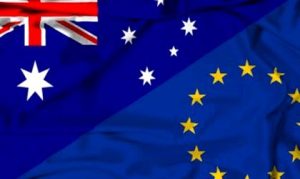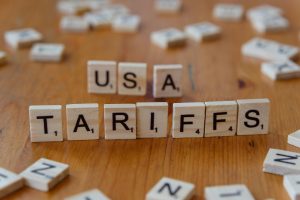Tim Findlay, CPA
Donald Trump’s primary negotiating tactic has always been to throw his counterparts off balance—then bring them back to the table to pay more for the same deal.
We saw this approach in action during his Oval Office meeting with Ukrainian President Volodymyr Zelenskyy, where Trump bluntly told him, “You’re not holding the cards” in peace talks with Russia.
Now, we’re seeing the same strategy play out on a global scale with Trump’s latest round of hastily designed, poorly executed tariffs—targeting not adversaries, but long-standing allies.
For Australian farmers and borrowers, the implications are immediate: tariffs will likely trigger global inflation, forcing central banks to raise interest rates. That puts more pressure on farmers already squeezed by rising input costs and a weakening Australian dollar.
Markets were caught off guard last week—both by the scale of the tariffs and the countries targeted. The result? One of the sharpest equity and bond market sell-offs in recent memory.
Markets are now stabilising after news of a 90-day pause in the tariffs—time enough, perhaps, to figure out what happens next.
In the meantime, new alliances are forming. Prime Minister Albanese is pushing for deeper ties with the European Union, Australia’s third-largest two-way trading partner. Meanwhile, China’s quiet overtures have been acknowledged but largely left on the shelf—perhaps until after the next federal election.
The emerging trend is clear: countries are exploring how to reduce (but not eliminate) their reliance on the U.S. in global trade. The world is recalibrating.
And in that recalibration, it now seems that Australia, the EU, and China hold the cards that could eventually bring America back to the table.








